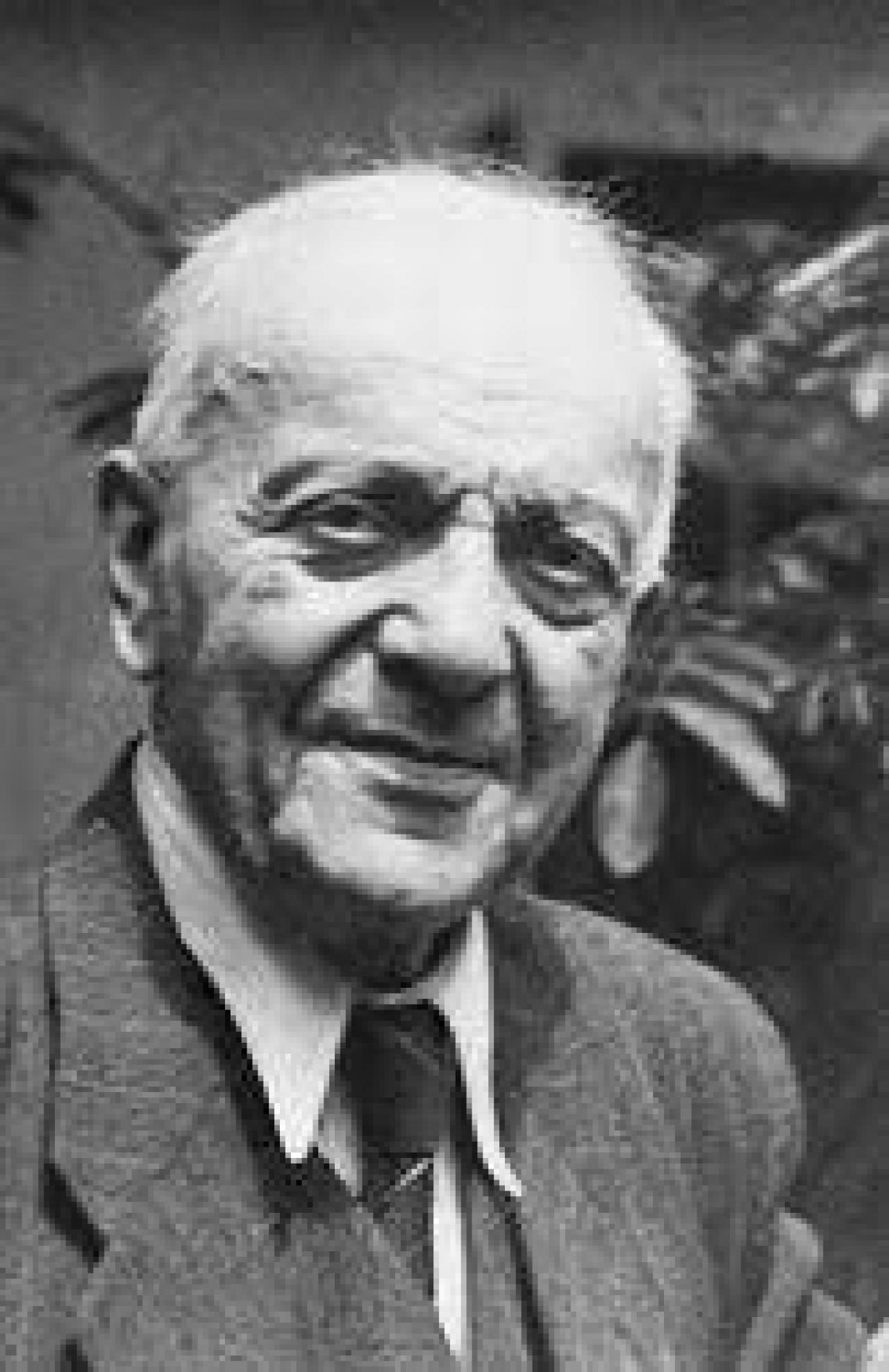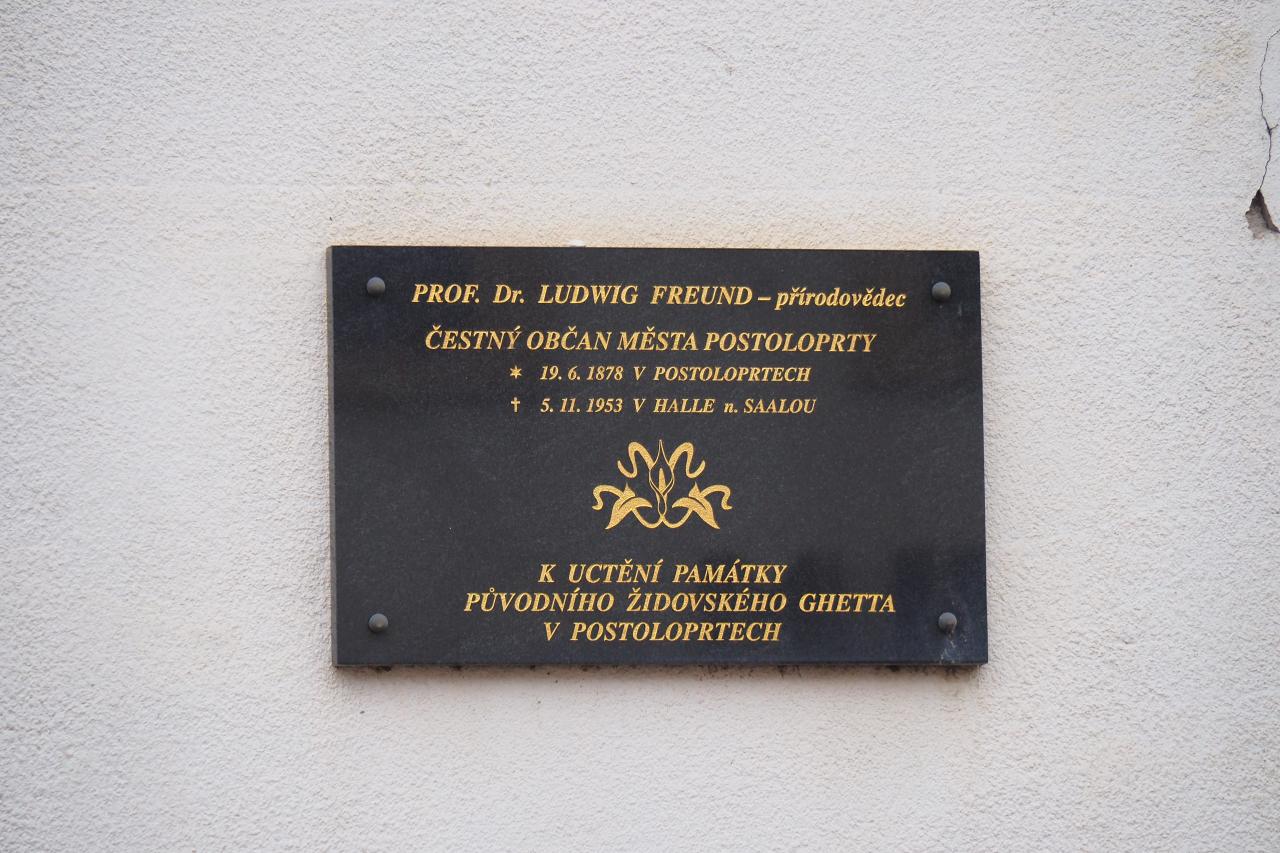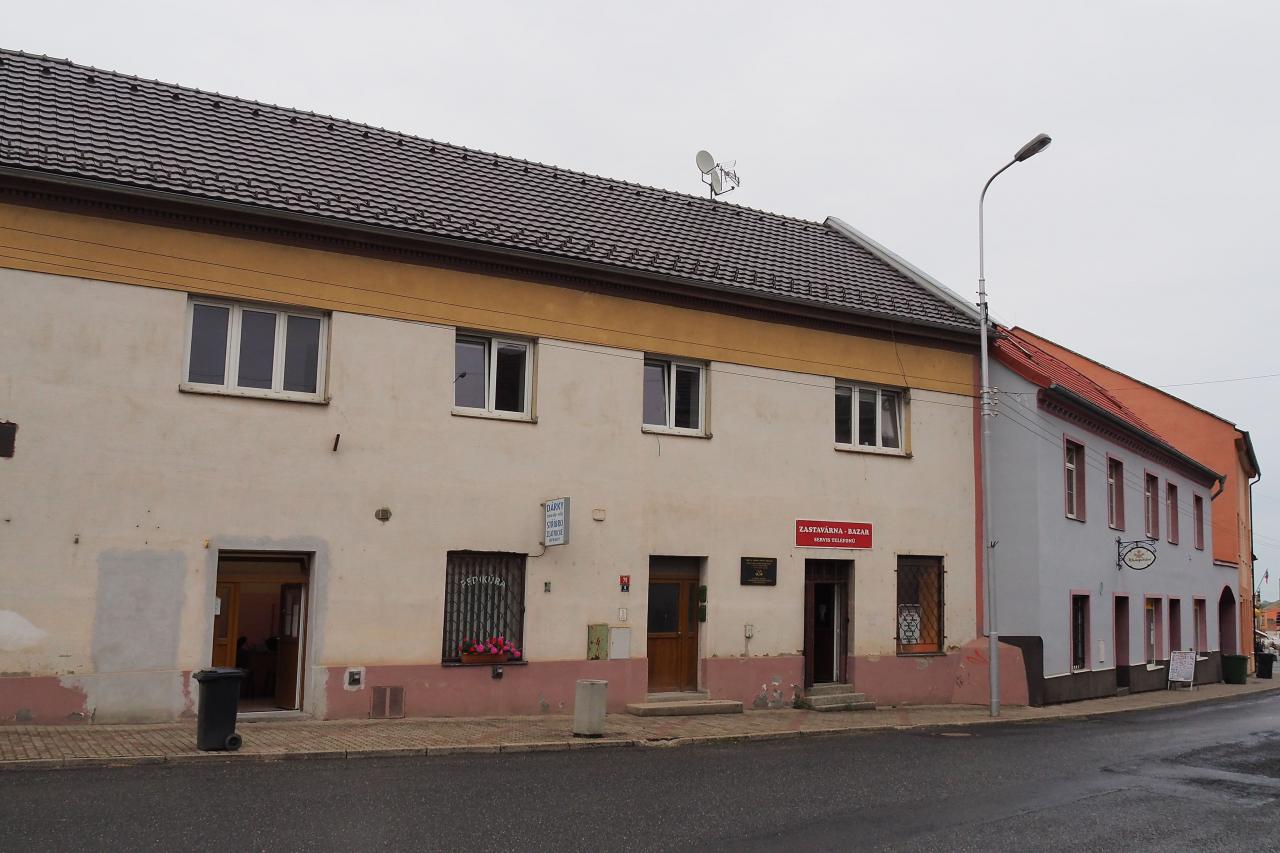Freund spent only the first four years of his life in his birthplace, after which the whole family moved to Prague. Here Freund studied at a German grammar school and later at the Faculties of Medicine and of Philosophy at the German part of the University of Prague (doctorate 1904, habilitation 1908). His field of expertise was comparative morphology of marine mammals, especially cetaceans and sirenians. At the beginning of his career he also worked at the Veterinary Institute, where he became more familiar with parasitology. He made numerous research trips to northern Europe already before the First World War. In 1922 he was appointed professor of zoology at the German University. In the interwar period he performed biological research on cetaceans and pinnipeds of the North and Baltic Seas, later he devoted himself to parasitological research on lice and other alien parasites in fish, but not only in them.
As Freund was of Jewish descent, the political events of the late 1930s had a profound effect on his professional and personal life. In 1939 he was sent on forced leave and not a year later he was made to retire. He was forced to leave his private library and extensive collections to the Institute of Zoology. At the very end of the Second World War, Freund was deported to Terezín. After the liberation he faced further persecution, now as a citizen of German nationality, and was not allowed to return to university. He therefore moved to Halle an der Saale in Saxony-Anhalt, where he became a full professor at the university and director of the Institute of Zoology in 1950. He died in 1953.
The memorial plaque in Postoloprty also recalls the local Jewish ghetto, which was established at the end of the 17th century. It was a single dead-end street (today Mánesova). Originally wooden houses were supplemented by a brick synagogue at the beginning of the 18th century, and a century later a school was added with a mikveh in the cellar. The ghetto was often rebuilt due to a series of fires. Since Postoloprty lies in the territory of the Sudetenland, it was annexed to Nazi Germany after the Munich Conference, which meant the ghetto's de facto disappearance. After the war, the empty houses fell into disrepair and some, including the synagogue, had to be demolished. Remains of the ghetto, such as the school building, can still be found in Mánesova street.








